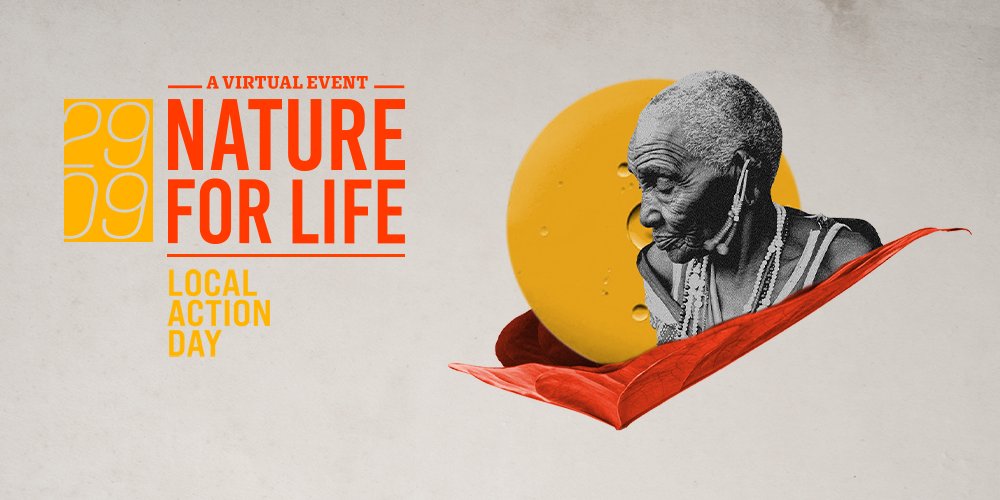On Oct 25, 2019, @TheWCS joined w/ @NielsAnnen @GermanyDiplo and others with an URGENT call—The Berlin Principles—for a united effort to prevent future #zoonotic pandemics: bit.ly/3c7KX16
It was urgent before #COVID19 and definitely urgent now.
It was urgent before #COVID19 and definitely urgent now.

Then on Jan 22, @TheWCS issued first statement on #COVID19: bit.ly/2W0FZgY
Called for:
➡️Closure of live animal markets that trade in wildlife
➡️Strengthening efforts to combat trafficking of wild animals
➡️Change dangerous wildlife consumption behaviors, esp. in cities
Called for:
➡️Closure of live animal markets that trade in wildlife
➡️Strengthening efforts to combat trafficking of wild animals
➡️Change dangerous wildlife consumption behaviors, esp. in cities
The Berlin Principles called for a united effort to prevent the emergence or resurgence of diseases that threaten humans, wildlife, and livestock. Said governments, academia, and civil society need to break down barriers.
Also decisions on land, sea, and freshwater use directly impact health. Alterations in ecosystems paired with decreased resiliency generate shifts in communicable and non-communicable disease emergence, exacerbation, and spread.
This is not first time we issued such a call.
@TheWCS efforts to combat this threat date back over a decade. The Manhattan Principles on #OneHealth were issued in 2004 in the aftermath of outbreaks of #WestNile Virus, #SARS, and more: bit.ly/2KXnvHM
@TheWCS efforts to combat this threat date back over a decade. The Manhattan Principles on #OneHealth were issued in 2004 in the aftermath of outbreaks of #WestNile Virus, #SARS, and more: bit.ly/2KXnvHM
From the 2004 Manhattan Principles: We are in an era of “One World, One Health” and we must devise adaptive, forward-looking and multidisciplinary solutions to the challenges that undoubtedly lie ahead. Emphasis on: “Undoubtedly lie ahead” #OneHealth
It’s long past time for the world to act. You can see all @TheWCS communications on #COVID19 here: bit.ly/2xCsz1s
From our @TheWCS policy (bit.ly/3dcvU6v):
To prevent future outbreaks, impacting human health, well-being, economies, and security, we recommend stopping all commercial trade in wildlife for human consumption (particularly of birds & mammals). Closing all such markets.
To prevent future outbreaks, impacting human health, well-being, economies, and security, we recommend stopping all commercial trade in wildlife for human consumption (particularly of birds & mammals). Closing all such markets.

• • •
Missing some Tweet in this thread? You can try to
force a refresh
















